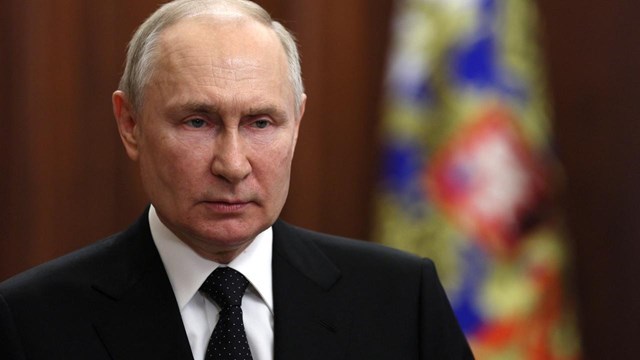
Putin: Russia Possesses the World’s Most Advanced Nuclear Capability
Putin: Russia Possesses the World’s Most Advanced Nuclear Capability
Russian President Vladimir Putin has announced that 95% of the country’s strategic nuclear forces are now equipped with modern weapons and equipment. Highlighting Russia's superiority in this field, Putin stated that this figure represents the highest level among all nuclear powers worldwide.
This statement came at a time of strained relations with the West and as the war in Ukraine continues to challenge Russia’s conventional military capabilities. Putin made the remarks on Wednesday during a high-level defense meeting dedicated to reviewing the state armament program.
He emphasized the critical importance of Russia’s nuclear triad — consisting of land-based intercontinental ballistic missiles (ICBMs), submarine-launched ballistic missiles (SLBMs), and strategic bombers — for the country's national sovereignty. Maintaining and modernizing this triad, he said, remains a top priority.
As the war in Ukraine enters its third year, Russia's ground forces have suffered significant personnel, equipment, and logistical losses. Moreover, Western sanctions and industrial bottlenecks have negatively affected the military's combat readiness. Under these conditions, the Kremlin's renewed focus on strategic weapons systems signals a reassertion of nuclear deterrence as a central pillar of its defense doctrine.
In recent years, Russia has introduced new systems such as the RS-28 Sarmat ICBM, the Avangard hypersonic glide vehicle, and the Borei-A class nuclear submarines. However, there is limited information on the operational status and actual deployment of these systems.
Putin’s message underscores that, despite challenges faced by its conventional forces, Russia continues to view its nuclear arsenal as a key instrument for maintaining its global strategic posture. Nonetheless, experts warn that such statements may further harden Western security perceptions and deepen Russia’s diplomatic isolation. The broader impact of the Kremlin’s signaling on the international security architecture remains uncertain.